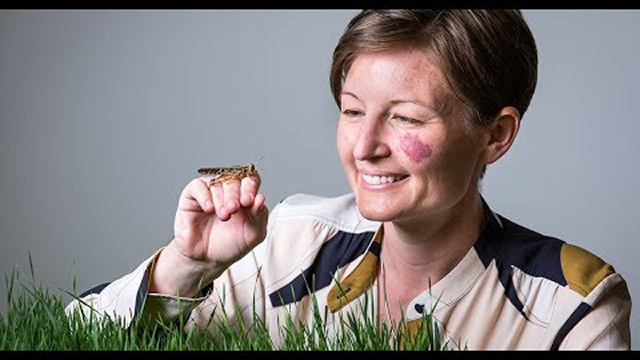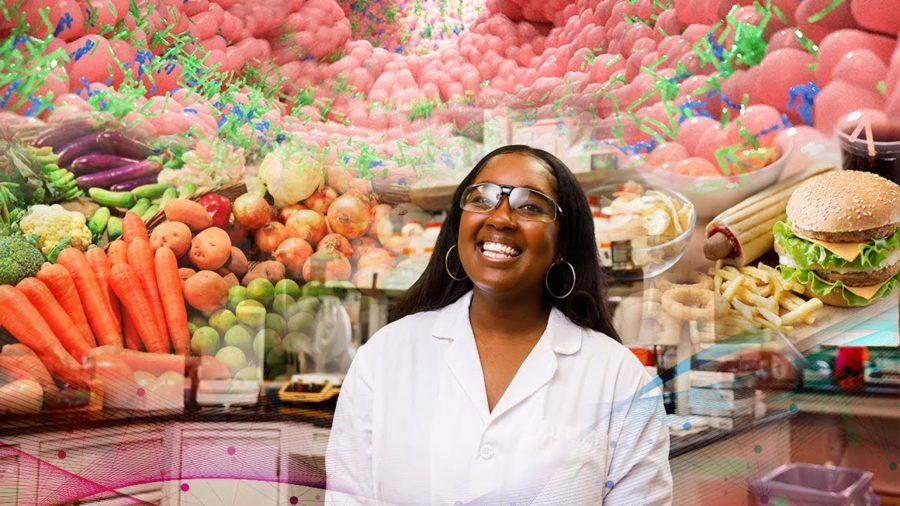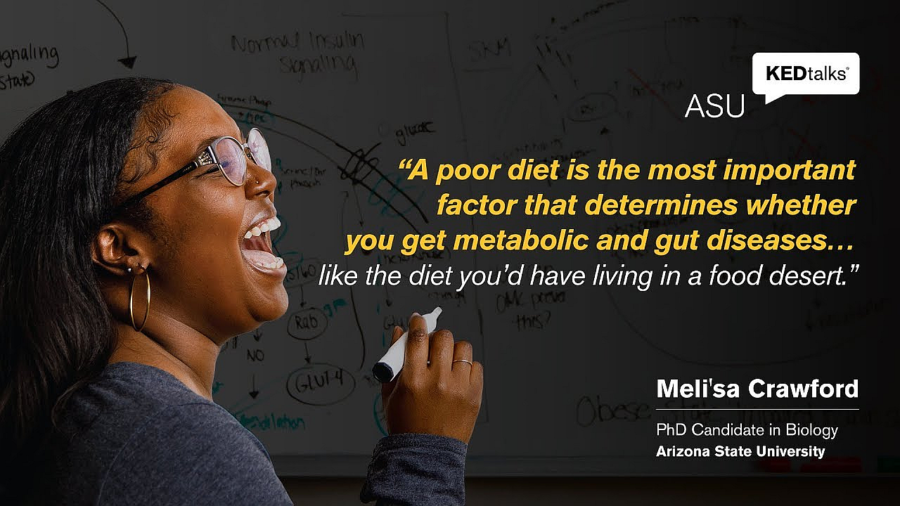You can tell a lot about a person from their…poop. More specifically you can tell about their health. So if they’re unhealthy, their microbes in their poop would be different than a person who is healthy. So for example what we eat can affect the microbes that live in our gut.
Archive

All locusts are grasshoppers, but not all grasshoppers are locusts. Locusts are grasshoppers that when exposed to specific environmental cues will form mass migrations and become a continental-level challenge. The immediate impacts of locusts on agriculture are obvious. For example, the desert locust plague in Western and Northern Africa that occurred between 2003 to 2005 cost an estimated 2.5 billion US dollars in crop losses.

The gut microbiome is associated with many metabolic and gastrointestinal diseases, like obesity, Type 2 diabetes, and inflammatory bowel disease. 60 to 70 million people are affected by digestive disorders, and over 97 billion prescriptions are written annually to treat these debilitating illnesses. But a poor diet is the most important factor that can determine whether you get metabolic and gastrointestinal diseases.


